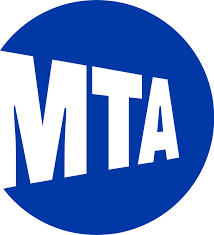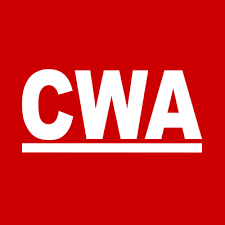January 11, 2013
By Joe Maniscalco
The New Year may not have brought an end to the demonization of the labor movement, but more unions are beginning to understand that by teaming up with grassroots organizations they just might have enough strength to outmuscle the forces of privatization and concentrated wealth.
"The days of unions thinking that they can go it alone are over," Public Employees Federation (PEF) President Susan Kent told LaborPress.
When PEF, United University Professionals (UUP) and other labor groups representing the threatened employees at SUNY Downstate Medical Center traveled to Albany to call on Governor Andrew Cuomo to stop the planned "restructuring" of the Brooklyn institution, they didn't go alone. They had plenty of back up.
A broad coalition of community groups, religious organizations and concerned citizens packed buses outside the hospital on Lenox Road and went with them. And when the borough celebrated the annual pageantry of the Caribbean-American Day Parade on Eastern Parkway earlier in 2012, PEF made sure they were there too.
"We think that those out-of-the-box, new innovative ways of showing the community that we are one with them, and that we are the people who serve them and care about them, are the kinds of things that are needed to combat the massive amounts of money that is being thrown at anti-worker, anti-union campaigns," Kent said.
The Retail, Wholesale and Department Store Union (RWDSU) made history in 2012 when it became the first labor organization to successfully organize New York car washers. But again, they had lots of help from a dedicated and energized coalition of grassroots groups who had a finger on the pulse of long-suffering "washeros."
"Working with coalition partners like Make the Road NY and NY Communities for Change on our car wash organizing efforts and the Center for Popular Democracy and the National Employment Law Center on minimum wage and retail organizing efforts have strengthened our long-term organizing goals," RWDSU Communications Director Tara L Martin said. "We have been able to create a successful model that has not only increased our membership and positively affected their lives for the better, but we've forged long-standing relationships with community-based advocacy groups."
Increasingly, those community-based advocacy groups are realizing that they often share the same vision of better working conditions for scores of underpaid, underinsured and unprotected men and women that organized labor has.
"Groups like ours are responsible for elevating the issues that are important to our communities," said Cara Noel, of UnitedNY. "What we have in common with labor unions, is that we believe that good jobs that pay fair wages are integral to ensuring that the people who live in our communities have the means to grow and thrive. These partnerships are important because, together, we are fighting to connect the good jobs that are available with the people who so desperately need them."
Kent intends to continue PEF's partnership with grassroots groups and religious organizations throughout the community – and she encourages others in the labor movement to follow suit.
"This is really something that is new and long needed," said Kent. "These kinds of coalitions are things I intend to continue to work on at the administration of PEF. And this is something that all unions, community groups and faith-based groups should be doing to make sure that the people are able to come together to try and overcome the massive amount of money and negative anti-worker, anti-public service sentiment that is out there."



